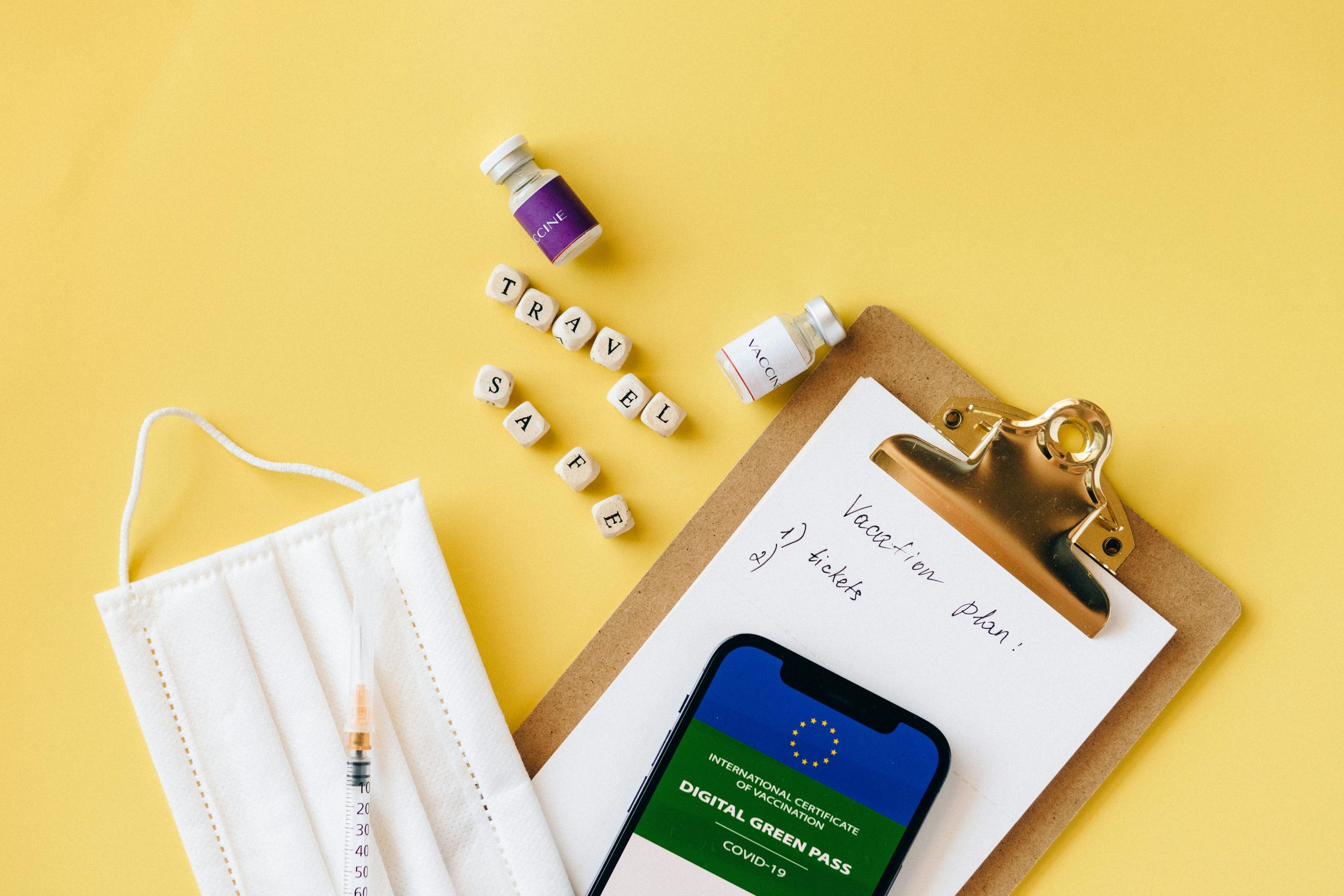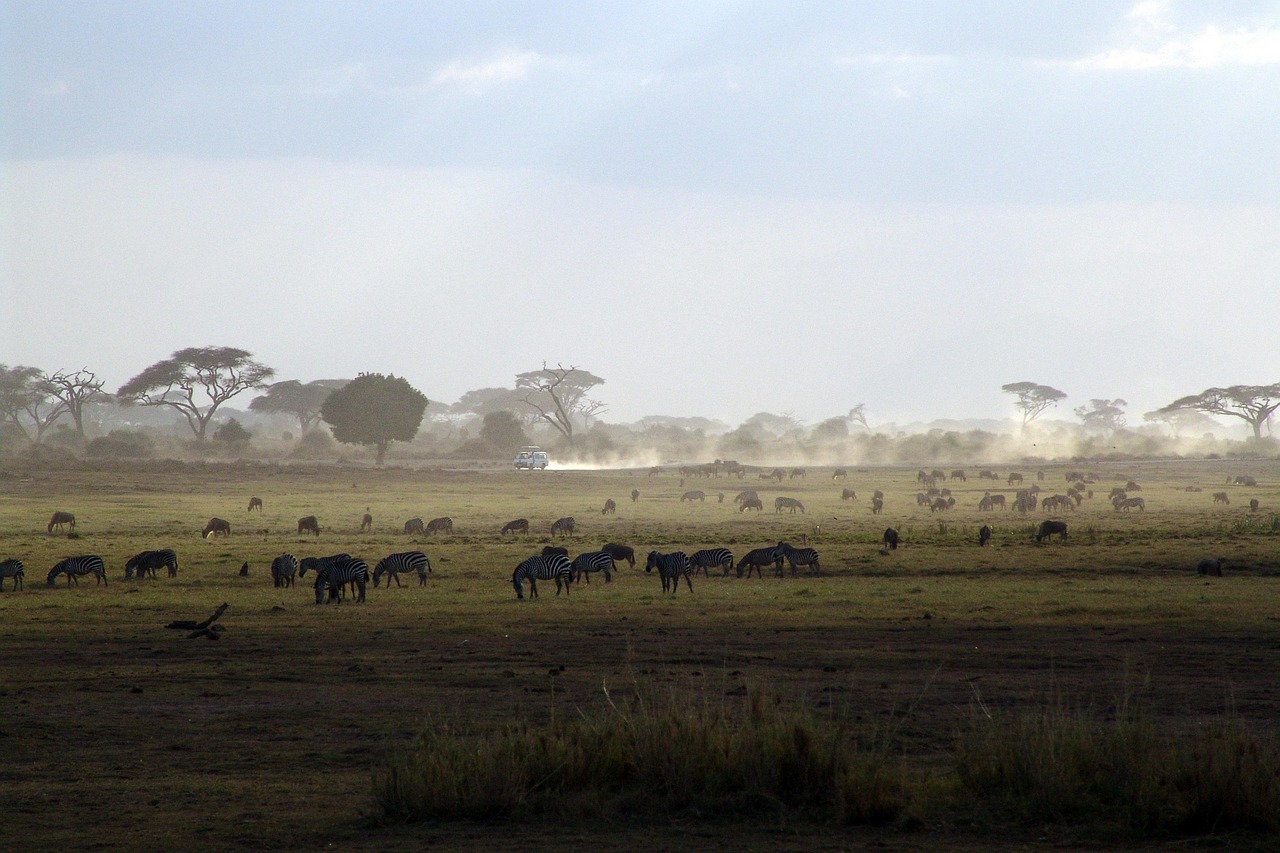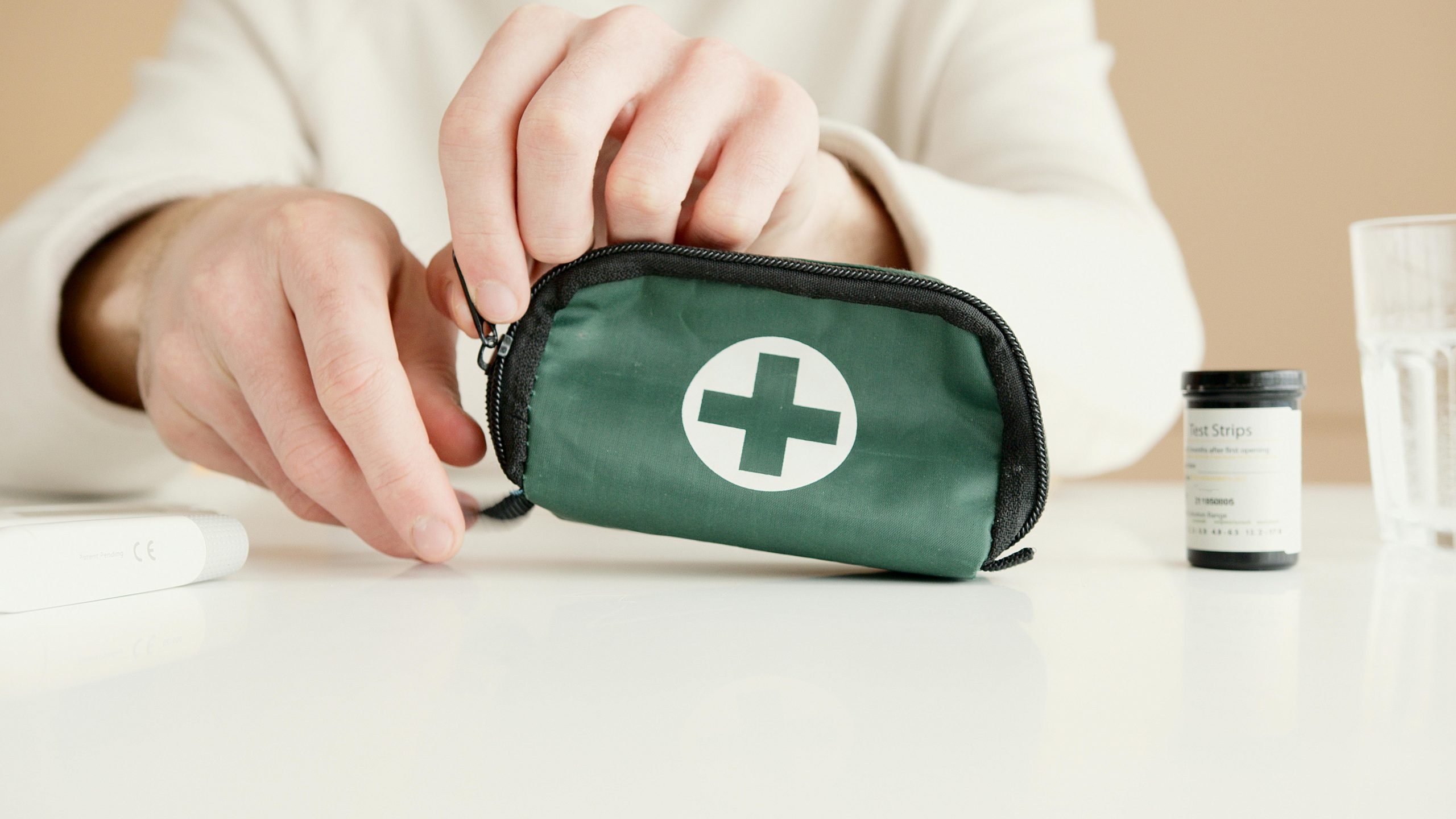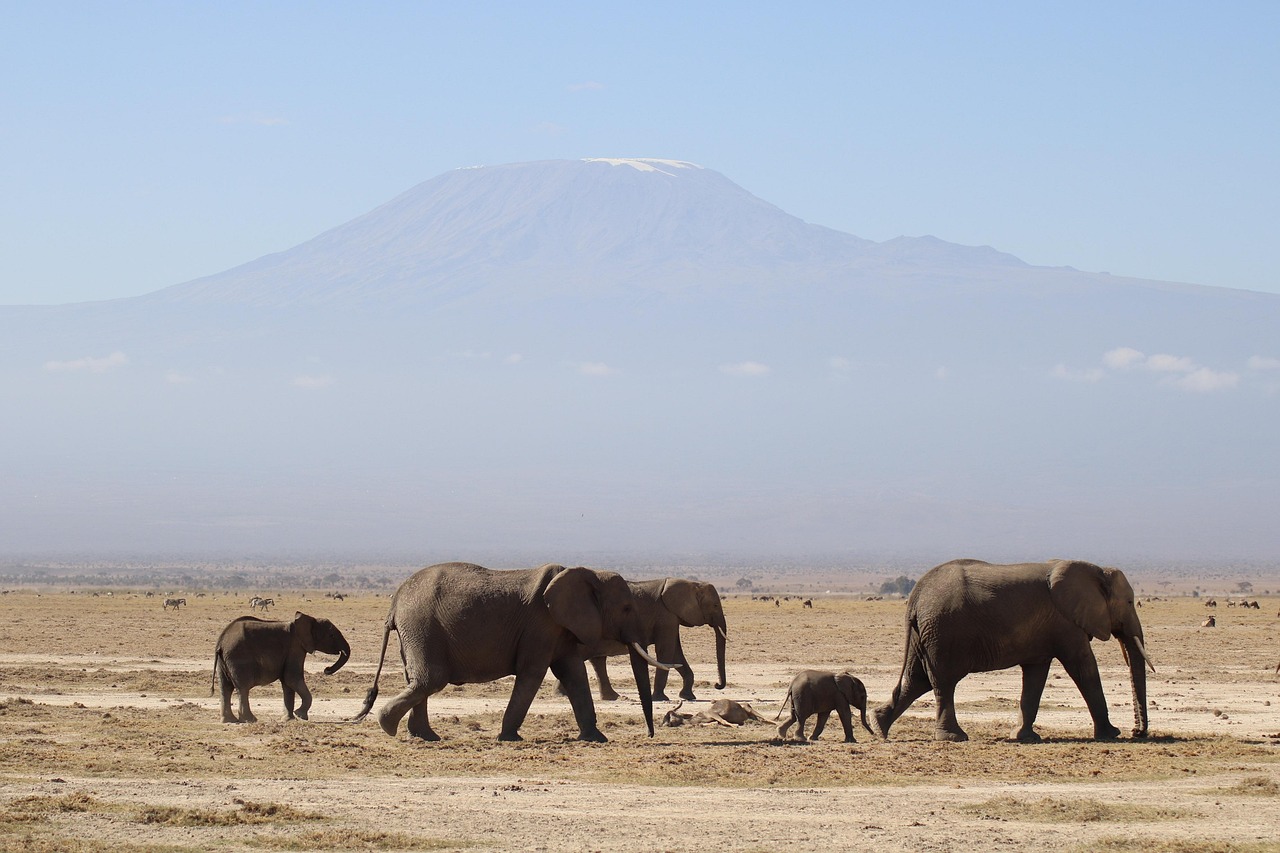Why Safety Matters When Traveling to East Africa
East Africa’s world-renowned wildlife reserves, tropical coastlines, and cultural diversity continue to draw travelers from around the world. But is it safe to travel through Kenya and Tanzania today? Safety concerns—from petty crime to health issues and emergency responses—are valid, especially when venturing into remote areas or navigating busy urban zones.
This guide compares travel safety between Kenya and Tanzania while also explaining how modern safety tools like the Travelsafe SOS app are changing how travelers stay informed, protected, and connected throughout their African journey.
General Safety Overview: Tanzania vs Kenya
Tanzania: Generally regarded as safe for tourism, Tanzania’s northern safari circuit (Serengeti, Ngorongoro Crater, Tarangire) and Zanzibar coast offer stable travel conditions. Petty crime can happen in cities like Arusha and Dar es Salaam, but serious incidents are rare. Political demonstrations are uncommon but should be avoided.
Kenya: Most safari travelers find Kenya safe, especially in protected regions like the Masai Mara, Laikipia, and Amboseli. However, parts of Nairobi have higher instances of pickpocketing, and travelers should be cautious in public transport or crowded areas. Border regions with Somalia are best avoided.
Regardless of which country you choose, the Travelsafe SOS app keeps you updated with real-time safety alerts and connects you to local help—ideal for staying informed on the go.
High-Risk Areas to Avoid
In Tanzania:
- Avoid the borders with Burundi and Mozambique unless necessary.
- While Dar es Salaam is mostly safe, some neighborhoods are prone to theft after dark.
- In towns near Mount Kilimanjaro, basic precautions apply, especially at ATMs and busy taxi ranks.
In Kenya:
- Do not travel to northeastern counties like Garissa or Wajir.
- Election periods in Mombasa may bring political tension.
- Nairobi’s matatus (minibuses) are often overcrowded and disorganized—use private transfers instead.
The Travelsafe SOS platform helps travelers stay updated with these regional risk zones and offers location-based assistance.
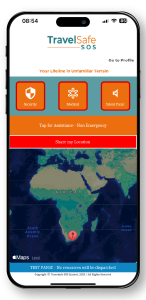
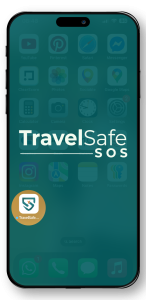
Safari Zone Safety: Parks, Lodges & Tours
Safari areas in both Kenya and Tanzania are among the safest places for visitors. Here’s why:
Professional Guides: Most travelers join guided safaris organized by trusted operators. These guides are trained in first aid, animal behavior, and emergency response protocols. Following their instructions significantly reduces any risk.
Lodge Security: Wildlife lodges and camps in game reserves offer high standards of security. Night guards (askaris) escort guests in unfenced camps. Staff maintain constant radio contact with park authorities and emergency lines—many now integrate directly with Travelsafe SOS for faster escalation and guest tracking.
Park Regulations: National parks in both countries have strict rules and ranger presence, making it unlikely for anything to go wrong if you stay within marked areas and follow guidance.
Self-Drive Tips: For those driving themselves (only recommended for experienced travelers), it’s essential to have offline GPS, emergency contact tools like Travelsafe SOS, and reliable maps.
Emergency Response and Medical Access
One of the top concerns for travelers in remote safari zones is access to emergency help.
Tanzania: Arusha and Dar es Salaam offer private medical clinics, but safari zones are remote. In a health crisis, evacuation is often required. Travelsafe SOS provides built-in medivac coordination, using its local partner network to assist with rapid air or road evacuation if needed.
Kenya: Nairobi boasts top-tier medical facilities, but travel time from remote areas can be long. While traditional services like air ambulance exist, the Travelsafe SOS app has proven more efficient in many cases by offering instant emergency activation, tracking, and dispatch support tailored to your location.
Whether you’re climbing Kilimanjaro or photographing lions in the Mara, the app keeps your emergency contacts informed and connects you to the nearest available support.
Health Advice for East Africa
- Malaria: Common year-round. Travelers should use antimalarial pills, DEET-based repellents, and mosquito nets.
- Vaccines: Yellow fever is required for some entries. Hepatitis A, typhoid, and tetanus are recommended.
- Water: Stick to bottled or treated water in both countries.
Carry a small medical kit, and store your medical details in the Travelsafe SOS app for quicker help in a medical emergency.
Road and Transport Safety
Kenya: Major highways are functional but busy. Avoid local buses (matatus) in cities and never travel after dark. Use hotel-recommended drivers or trusted ride apps.
Tanzania: Infrastructure is developing, and roads outside Arusha or Moshi can be unpredictable. Inter-lodge transfers or short-hop flights are safer and more efficient.
In both countries, Travelsafe SOS includes a location tracking feature and emergency check-in tool for road travel, which is helpful if your vehicle breaks down or if you’re off-grid.
Cultural Tips and Local Laws
Respect local customs to stay safe and respectful:
- Dress conservatively, especially in coastal or Islamic regions.
- Don’t photograph people without permission.
- Do not bring or use plastic bags—they’re banned.
- Carry copies of your passport; store originals in a hotel safe.
Being aware of cultural etiquette not only improves your experience but also reduces the chance of accidental legal trouble or conflict.
Is Tanzania or Kenya Safer for Tourists?
Both countries have excellent safety records in major tourist zones, especially on safari. Kenya has a more developed healthcare system and road network, while Tanzania boasts quieter, more remote experiences.
With a proactive safety plan and use of tools like Travelsafe SOS, travelers can confidently explore either destination. Pick the one that matches your style:
- For off-the-grid wildlife: Tanzania
- For better connectivity and infrastructure: Kenya
Either way, having the Travelsafe SOS app installed gives you a reliable digital safety net across both nations.
Why Choose Travelsafe SOS for Your African Trip?
Travelsafe SOS is a safety app designed specifically for travelers in Africa. Unlike generic emergency apps, it’s tailored to regional needs—connecting users to vetted medical teams, emergency responders, and travel security updates across Kenya, Tanzania, and beyond.
- One-tap emergency activation
- Live location sharing with trusted contacts and emergency responders at the click of a button
- Offline access in safari zones
- Local alerts and area risk notifications
- Secure storage of medical and ID documents
Whether you’re hiking Mount Meru, walking with Maasai guides, or lounging on a Zanzibar beach, Travelsafe SOS helps you stay in control—even when you’re off the grid.

